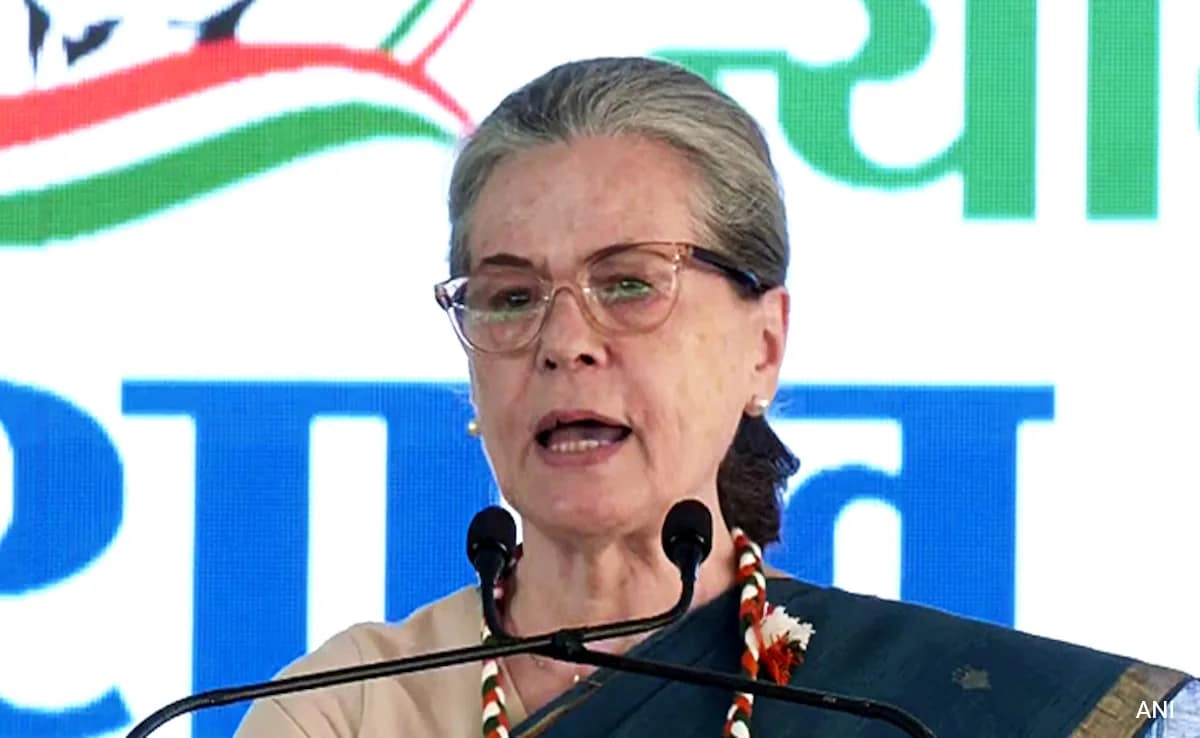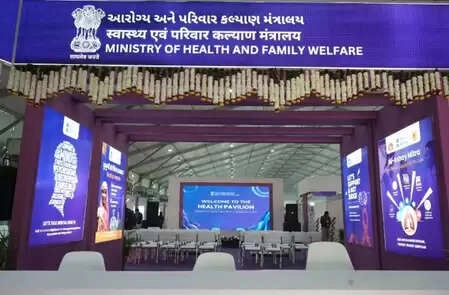Sonia Gandhi, the prominent leader of the Indian National Congress, has raised an urgent call for a wage hike under the Mahatma Gandhi National Rural Employment Guarantee Act (MGNREGA). Her demand comes in light of the ongoing economic challenges faced by rural communities, where many families heavily rely on this employment scheme for their livelihood. Gandhi’s assertion that the scheme has been “weakened” highlights her concerns over the adequacy of wages and the overall effectiveness of the initiative, which was originally designed to provide a safety net for rural workers.
The MGNREGA has been a crucial lifeline for millions of rural residents, ensuring a minimum of 100 days of guaranteed wage employment in a financial year. However, with inflation and rising living costs, the current wage rates have become insufficient to meet the basic needs of families. Sonia Gandhi’s demand for a wage increase not only reflects the pressing economic realities but also aims to reinvigorate the program’s original intent—providing sustainable livelihood and economic security to the rural poor.
In her statement, Gandhi emphasized the need for the government to acknowledge the plight of rural workers, many of whom are struggling to make ends meet in the face of financial instability. She criticized the current administration for undermining the effectiveness of MGNREGA, arguing that the lack of adequate funding and support has led to a decline in job availability and wage sufficiency. By advocating for a wage hike, Gandhi seeks to restore the program’s credibility and ensure that it continues to serve as a robust mechanism for rural employment.
Ultimately, the call for a wage increase under MGNREGA is not just a matter of financial adjustment; it is a critical step towards addressing broader issues of rural poverty and economic disparity. As the Congress party positions itself as a champion of the marginalized, Gandhi’s demand could serve as a rallying point for her party, emphasizing their commitment to social justice and economic equity. The response from the government and its willingness to act on these demands will likely have significant implications for rural employment and the overall socio-economic landscape in India.




